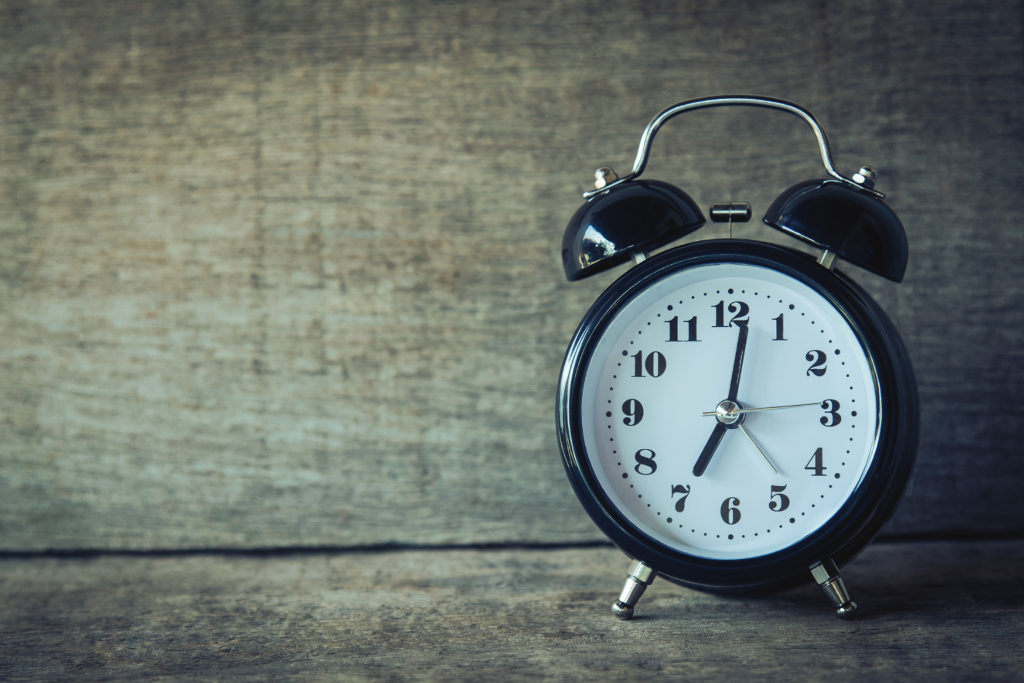Note: I originally wrote this guide for my Minimum Viable Fitness program. Here is the section explaining how you can drink while sticking to your diet:
First, let’s establish that you can drink and still make progress
Alcohol gets an undeserved rap when it comes to gaining fat. Drinking is often the first scapegoat for the “Freshman 15,” while the unlimited amounts of cafeteria food are conveniently forgotten about. In theory, alcohol does suppress lipolysis, the process in which your body breaks down its stored body fat and utilizes it as fuel. However in practical terms, this may not always be the case.
Consider this snippet from nutritionist Alan Aragon:
“One study found that men consuming an average of 56 grams of ethanol per day (four beers) took in 16 percent more total calories than a matched group of non-drinkers. The two groups–drinkers and non-drinkers–had identical amounts of physical activity. So, logically, you’d think that the drinkers packed on some pounds.
They didn’t. Both groups had the same body-mass index, despite all those excess calories for the drinkers.”
In fact, moderate alcohol consumption increases insulin sensitivity, which we’ve established is a good thing.
Personally, alcohol by itself has never, ever, prevented me from losing fat in the long run, even when drinking multiple times a week.
Kasra even dropped 60 lbs while drinking every day. (Note: I’m not stating whether or not this has other health implications.) It’s the post-binge drinking munchies that make up 95% of the damage.
Below, I refer to two types of days…training days and rest days. To find out more about these, read my guide to the most effective workout program in the world.
How often can I drink?
There are two types of days: the “social drinking” type and the “I’m going to get shitfaced” type.
These two days require a different mindset.
For social drinking days, your mindset should be moving forward with your progress while incorporating alcohol into your diet.
For “I’m going to get shitfaced” type of days, your mindset should be damage control. Making sure that your drinking does not get in the way of your progress too much.
As long as you stick to the rules below, you can probably get away with one day/week of the latter and a few days of the week of the former, depending on your goals and current status.
When can I drink?
First, let’s establish that you’re probably drinking at night, which means if you’re someone who practices intermittent fasting as per my nutrition guide, you shouldn’t worry about the end of your feeding window–you won’t stick to it.
If you drink more frequently, however, you will need to think about adjusting your feeding window.
How much can I drink?
Social drinking days
If you are using the “track” option, then you’ll need to incorporate drinks into your macros for “social drinking” days. Count each drink as 10g of fat and track any necessary carbohydrates as well. There is a full list of substitutes at the end.
If you are using the “rules” option, then this is open ended. You can certainly drink enough to get buzzed or lightly drunk, as long as you stick to the alcohol choice guidelines below. On rest days, keep fat lower than normal and only stick to foods from the list of lean proteins. That’s because alcohol blunts the process of lipolysis–burning fat for fuel–meaning that dietary fat will have a tendency to be stored.
Shitfaced days
Same rules whether you’re using the “Track” option or the “Rules” option. Don’t try to track. Today is about damage mitigation, remember?
Instead, spend the day hitting your protein requirements from lean protein sources only. Today, eat lean protein, vegetables, and maybe some carbs if it’s a training day… but keep it minimal.
After that, have fun. If you’re the type of person who craves food at the end of the night, have some protein waiting for you when you get home. Cottage cheese or greek yogurt are a good choice.
What can I drink?
Rest Days
You may drink as many hard liquors and zero calorie mixers (e.g. diet coke) as you like. You may also drink a moderate amount of extremely light beers (think Michelob Ultra, or you know, things you wouldn’t normally want to drink because they taste like water) and dry red wines. What am I defining as a “moderate amount”? It’s an amount that will get you slightly buzzed.
Why are we avoiding everything else? This is because the only other macronutrient that alcoholic beverages contain is carbohydrates (with some exceptions like White Russians), which we are avoiding today. Hard liquors are carbohydrate free for the most part, and light beers and red wine tend to be lower in carbohydrates. For this reason, we will stick to these drink choices.
That means if you know you will be heading to a Biergarten to knock sausages with some Germans for Oktoberfest, you will probably want to shift around your workout so that drinking day is a Training Day.
You might also want to skip the sausages. Training Days are low fat, high carb, remember?
Training Days
You may consume all types of alcohol under some guidelines.
First, cut down on your usual amount of carbohydrates. Lowering your carbohydrate totals will create a buffer for the additional carbohydrates that you will be consuming from alcohol.
Secondly, if you plan on drinking more sugary mixed drinks (i.e. cosmos, rum and coke) and dark or “tastier” beers (e.g. Guinness Stout), drink them first. Psychologically, these may fire up cravings for other foods, so you don’t want to drink them towards the end of your night when your willpower is most likely to cave in. Once you’ve gotten your fill of these, round out the rest of your night with hard liquor, wine, or beers that are on the moderate end of the carbohydrate spectrum.
Final note–If you are going to be training the next morning, you should still be training hard. Of course, be smart about it. If you are extremely hung over and dehydrated, then it may be best to postpone your Training Day. If you did not drink too heavily and are capable of training, however, it is entirely possible to still PR after a night of drinking. Many people simply have a poor workout because they’ve already resigned to a poor workout. I’ve had some of my best workouts the day after drinking.
List of Substitutes (If tracking)
If you’re tracking pretty closely, you may substitute one serving (glass, shot, etc.) of the following drinks for the macros listed.
Vodka, Whiskey, Scotch, Rum, Gin, Tequila–
10g fat
White wine, Red wine, Champagne–
10g fat, 5g carbohydrates
Most light beers–
10g fat, 8g carbohydrates
Other beers–Varies

